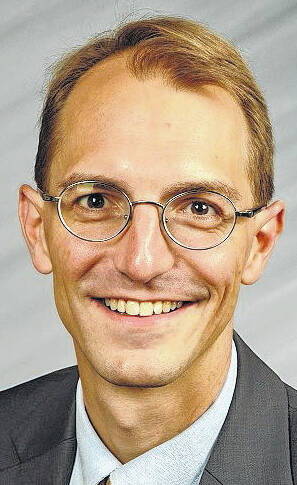

“Let’s just play cards. And please, hold them up — I can’t see where I marked them.”
— Oscar Madison
“A marriage counselor once kicked me out of his office. He wrote on my chart, ‘lunatic!’.”
— Felix Unger
I’ve had the good fortune of appearing in two separate productions of Reginald Rose’s “12 Angry Men,” one on stage and one produced as a radio play. The story, originally a television episode and immortalized by Henry Fonda’s 1957 movie version, is the quintessential legal drama, and forms the basis of many American’s impression of what jury service is all about.
It’s so iconic that dozens of TV shows, from the Dick Van Dyke Show in the early 1960s, to Happy Days in the 1970s, Cheers in the 1980s, and the Simpsons in the 1990s, have done parody episodes in which one of their main characters is the holdout in a jury. Among of the most celebrated of those TV episodes is a 1970 installment of “The Odd Couple” titled, “The Jury Story.” That episode is noteworthy here in a column about the law because the quirky, idiosyncratic Felix Unger amplifies all of the things about 12 Angry Men’s jurors that are problematic when it comes to actual jurors in actual jury service.
If you get called to serve on a jury here in Delaware County, the judge presiding over the case is going to ask you several things before you are permitted to serve on the case, and give you several instructions before the case is submitted to the jury. The judge will make certain that you have no preconceived notions about the case and no prejudices about the parties or the situation. Those prejudices play a major role in the deliberations in “12 Angry Men” and in the parodies of it.
The judge will instruct each of the jurors that they must follow the law as it is explained to them. He or she will tell the jury that they may not seek outside information, watch news reports, read newspapers, or look at social media reports about the case or the parties. Whether it’s Juror No. 8 in “12 Angry Men” or Felix Unger in The Odd Couple’s “The Jury Story” episode, the insistence on deviating from the law is what gets them into trouble, causes strife on the jury, and leads to either drama, in the case of “12 Angry Men,” or hilarity, in the case of “The Odd Couple.”
The standard introductory jury instruction in Ohio reads as follows, “The court and the jury have separate functions: you decide the disputed facts and the court provides the instructions of law. It is your sworn duty to accept these instructions and apply the law as it is given to you. You are not permitted to change the law, nor to apply your own concept of what you think the law should be.”
Being in a cast of “12 Angry Men” was a wonderful experience as a lawyer. The movie contains one of the great lines about the purpose of the American jury system, spoken by juror #8: “I don’t really know what the truth is. I don’t suppose anybody will ever really know. Nine of us now seem to feel that the defendant is innocent. But we’re just gambling on probabilities.
“We may be wrong. We may be trying to let a guilty man go free. I don’t know. Nobody really can. But we have reasonable doubt. And that’s something that’s very valuable in our system. No jury can declare a man guilty unless it’s sure.”
As for The Odd Couple … well, “The Jury Story” purports to tell the origin of Oscar and Felix’s friendship, something not included in the original 1965 Neil Simon play. And that play, in all its Tony Award winning glory, is on stage tonight, tomorrow and Sunday evening at 7 p.m., and Saturday at 2 p.m. at the Willis Drama Center. I’ll be playing Oscar Madison, and Bud Kalbaugh is Felix Unger. The large theater has been chosen to allow for social distancing. You can find out more at www.arenafair.com.


